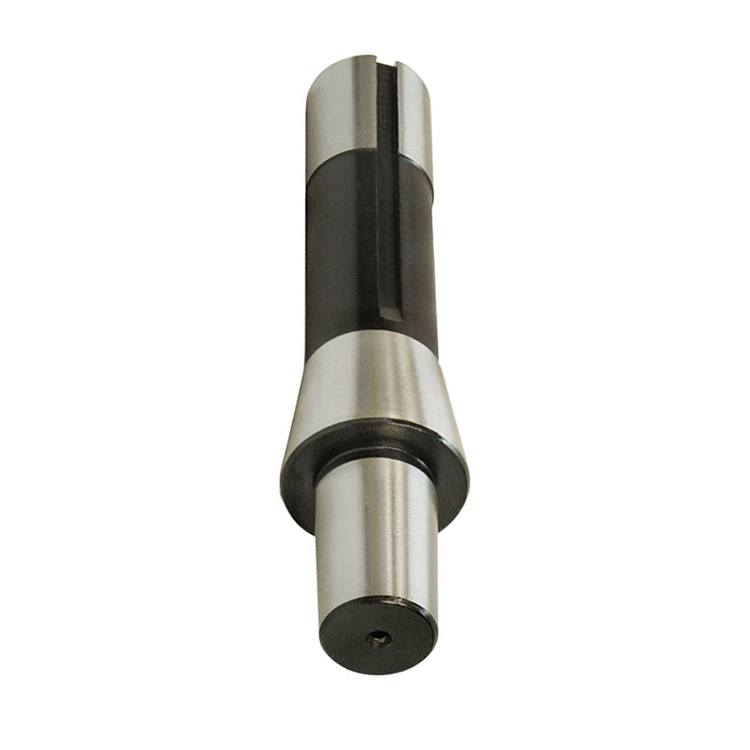measuring tools Supplier
Choosing the right measuring tools supplier can significantly impact the accuracy, efficiency, and cost-effectiveness of your projects. This guide explores key considerations for selecting a reliable supplier, including understanding your specific needs, evaluating supplier capabilities, assessing product quality, and ensuring excellent customer support.
Understanding Your Measuring Tools Needs
Before searching for a measuring tools supplier, it's crucial to define your requirements. Consider these factors:
Types of Measuring Tools Required
Identify the specific types of measuring tools you need. This could include:
- Dimensional Measurement: Calipers, micrometers, height gauges, gauge blocks
- Angle Measurement: Protractors, bevel gauges, angle finders
- Leveling: Spirit levels, laser levels
- Distance Measurement: Tape measures, laser distance meters
- Torque Measurement: Torque wrenches, torque screwdrivers
- Specialized Tools: Coordinate Measuring Machines (CMMs), vision systems
Knowing the specific types will help you narrow down your search to suppliers specializing in those areas.
Accuracy and Precision Requirements
Determine the required accuracy and precision for each measuring tool. This depends on the criticality of the measurements in your applications. For example, aerospace or medical device manufacturing requires much higher precision than general construction.
Frequency of Use and Durability
Consider how frequently the tools will be used and the conditions they will be exposed to. For heavy-duty use or harsh environments, you'll need more durable tools. Look for suppliers offering tools made from high-quality materials and with robust construction.
Budget Considerations
Establish a budget for your measuring tools. While it's tempting to go for the cheapest options, prioritize quality and reliability to avoid costly errors and downtime in the long run. A reputable measuring tools supplier like Wayleading Tools offers a range of products to suit different budgets without compromising on quality. You can explore their offerings at www.wayleading.com.
Evaluating Measuring Tools Suppliers
Once you understand your needs, you can start evaluating potential suppliers. Here are some key factors to consider:
Product Range and Availability
A good measuring tools supplier should offer a wide range of products to meet diverse needs. They should also have readily available stock or efficient ordering processes to ensure timely delivery. Check if they offer calibration services as well.
Quality Certifications and Standards
Look for suppliers whose products meet relevant quality certifications and standards, such as ISO 9001. This indicates a commitment to quality control and ensures that the tools meet specified performance requirements. Ask for certificates of calibration and traceability.
Supplier Reputation and Experience
Research the supplier's reputation and experience in the industry. Check online reviews, testimonials, and case studies. A supplier with a proven track record of providing high-quality products and excellent service is more likely to be a reliable partner.
Technical Support and Training
Choose a supplier that offers comprehensive technical support and training. This is especially important for complex measuring tools. They should be able to provide assistance with product selection, application, and maintenance.
Warranty and Return Policies
Ensure that the supplier offers reasonable warranties and return policies. This protects you against defects or dissatisfaction with the products. Read the fine print carefully.
Assessing Product Quality and Performance
Product quality is paramount when selecting measuring tools. Consider these aspects:
Material and Construction
Inspect the materials and construction of the tools. Look for durable materials such as hardened steel or carbide. Check for smooth finishes, precise markings, and solid construction. Wayleading Tools emphasizes the use of high-quality materials in their manufacturing processes.
Calibration and Accuracy
Ensure that the tools are properly calibrated and maintain their accuracy over time. Look for tools with calibration certificates and consider investing in regular calibration services. You can find reliable calibration services through reputable providers.
User Reviews and Testimonials
Read user reviews and testimonials to get insights into the real-world performance of the tools. This can help you identify any potential issues or limitations.
Ensuring Excellent Customer Support
Customer support is crucial for a positive experience. Look for suppliers that offer:
Responsive Communication
The supplier should be responsive to your inquiries and provide timely assistance. Test their responsiveness by contacting them with questions or concerns before making a purchase.
Technical Expertise
The customer support team should have the technical expertise to answer your questions and resolve any issues you may encounter. Ask about their training and experience.
After-Sales Service
The supplier should offer after-sales service, such as repairs, maintenance, and calibration. This ensures that your tools remain in optimal condition and extends their lifespan.
Comparing Measuring Tools Supplier Options
Once you've gathered information on several potential suppliers, compare their offerings based on the criteria discussed above. Consider creating a spreadsheet to compare features, pricing, and support options.
Here's an example of how you might compare suppliers (this is for illustrative purposes only and doesn't represent actual market data):
| Supplier | Product Range | Quality Certifications | Customer Support | Price (Example) |
|---|---|---|---|---|
| Wayleading Tools | Wide range, including digital calipers, micrometers, laser distance meters | ISO 9001 | Excellent, responsive and knowledgeable team | Digital Caliper: $50 |
| Supplier B | Limited range, focusing on basic tools | N/A | Average, slow response times | Digital Caliper: $40 |
| Supplier C | Specializes in high-precision tools | ISO 17025 (Calibration) | Good, offers on-site training | Digital Caliper: $75 |
Making Your Decision
Based on your comparison, choose the measuring tools supplier that best meets your needs and budget. Consider the long-term value and potential benefits of choosing a reputable supplier, even if their prices are slightly higher.
Selecting the right measuring tools supplier is an investment in the accuracy, efficiency, and reliability of your work. By carefully evaluating your needs, assessing supplier capabilities, and prioritizing quality and customer support, you can find a partner that helps you achieve your goals. Remember to visit Wayleading Tools for a comprehensive selection of quality measuring tools.
Related products
Related products
Best selling products
Best selling products-
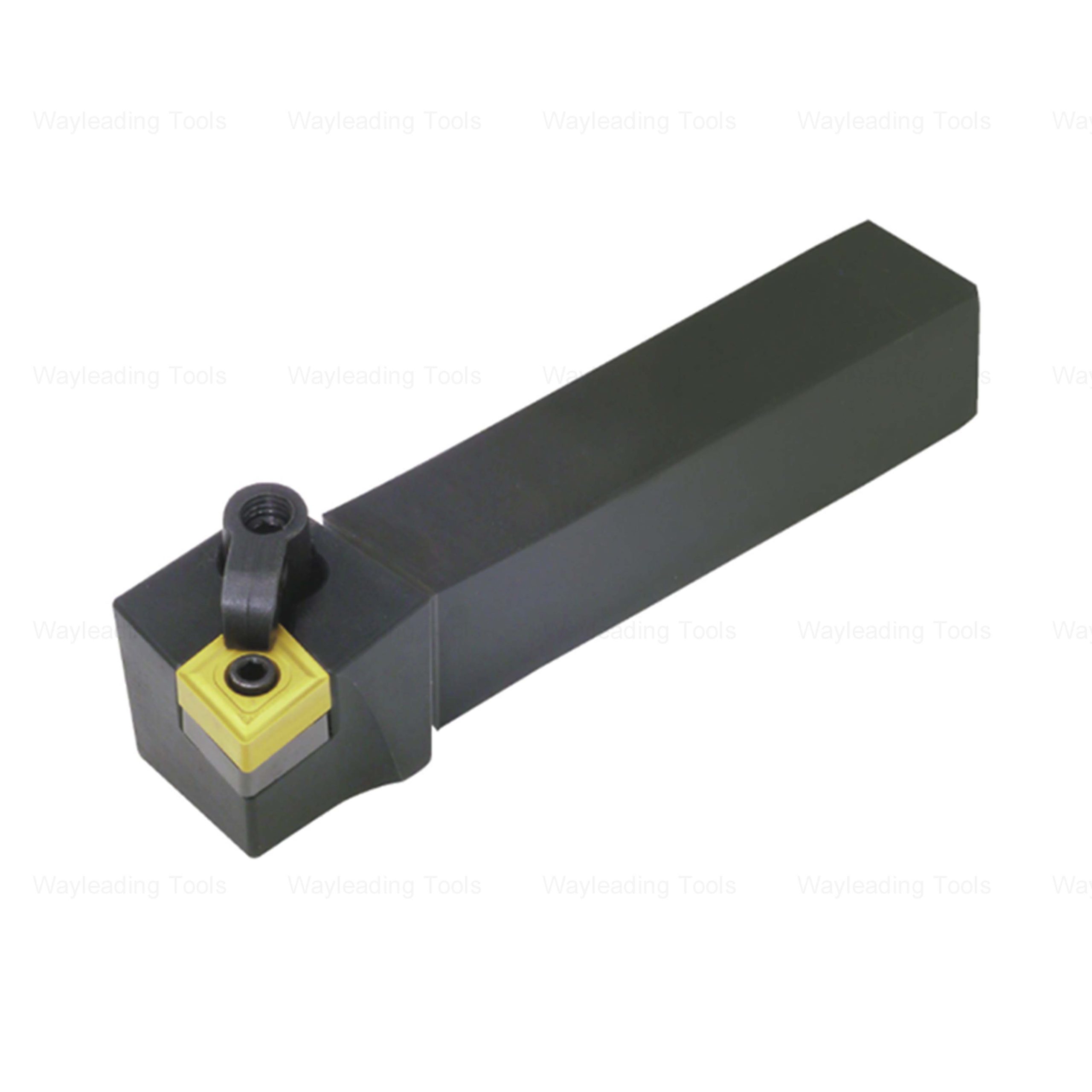 MCLN Indexable Turning Tool Holder
MCLN Indexable Turning Tool Holder -
 Double-beam Digital Gauge With Digital Counter
Double-beam Digital Gauge With Digital Counter -
 Precision Expanding Mandrel From 9/16″ to 3-3/4″
Precision Expanding Mandrel From 9/16″ to 3-3/4″ -
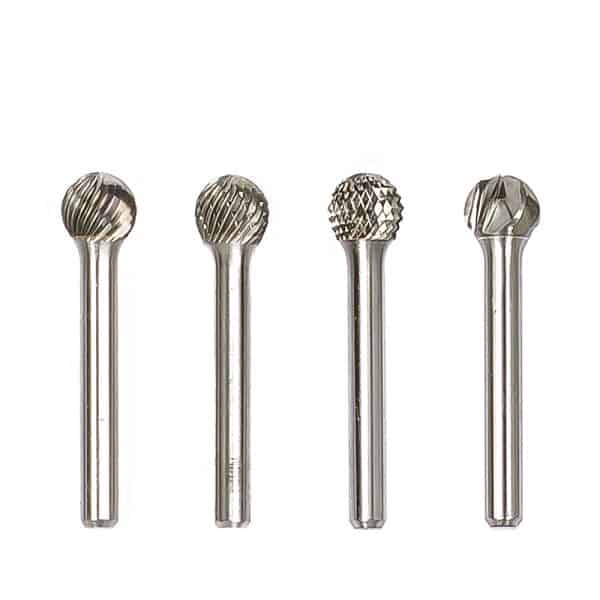 Type D Ball Tungsten Carbide Rotary Burr
Type D Ball Tungsten Carbide Rotary Burr -
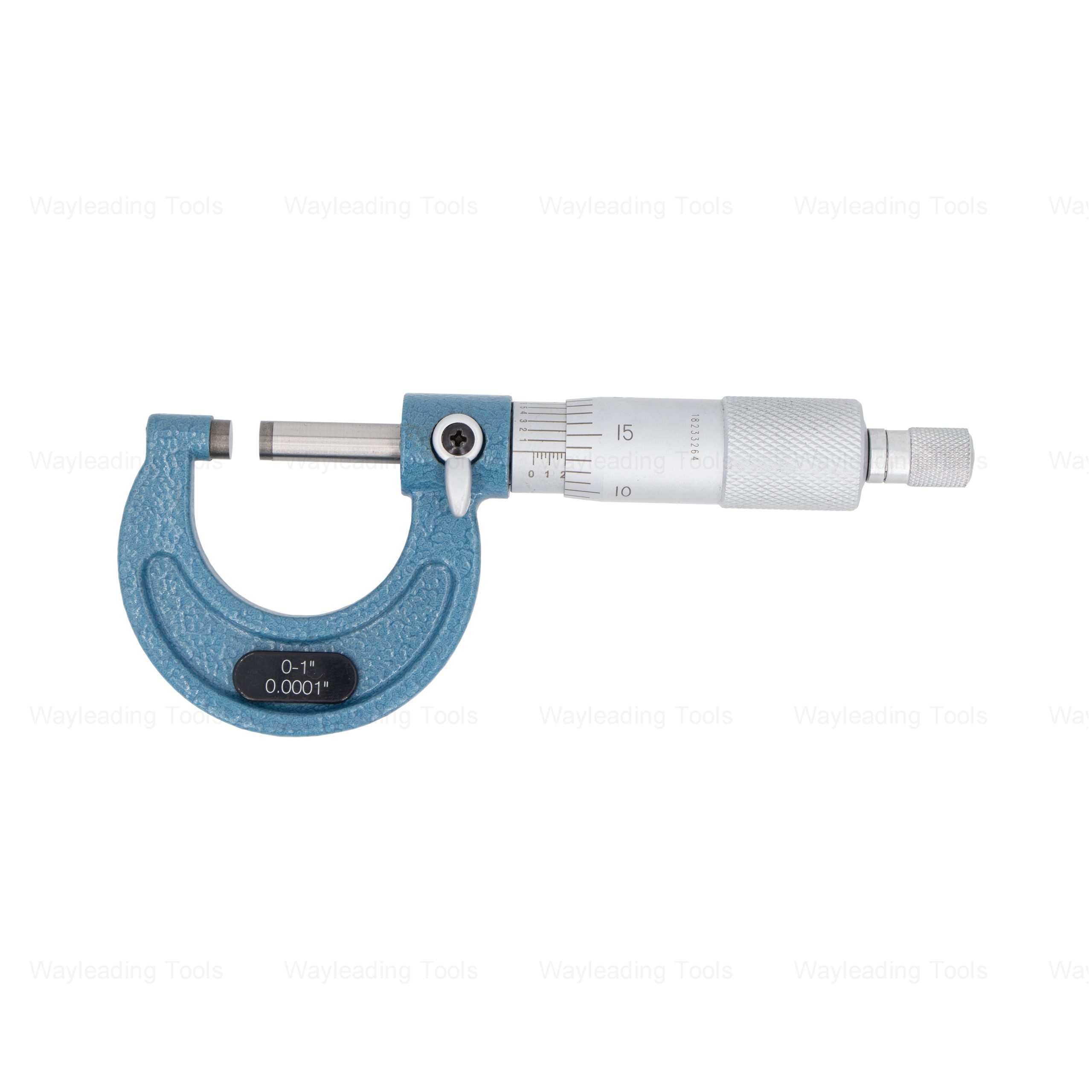 Premium Outside Micrometer – Metric & Inch, Ratchet Stop, Industrial Grade
Premium Outside Micrometer – Metric & Inch, Ratchet Stop, Industrial Grade -
 Depth Vernier Gauge With Stainless Steel And Monoblock Depth Type
Depth Vernier Gauge With Stainless Steel And Monoblock Depth Type -
 Type A Cylinder Tungsten Carbide Rotary Burr
Type A Cylinder Tungsten Carbide Rotary Burr -
 HSS Metric Square Tool Bit With Industrial Type
HSS Metric Square Tool Bit With Industrial Type -
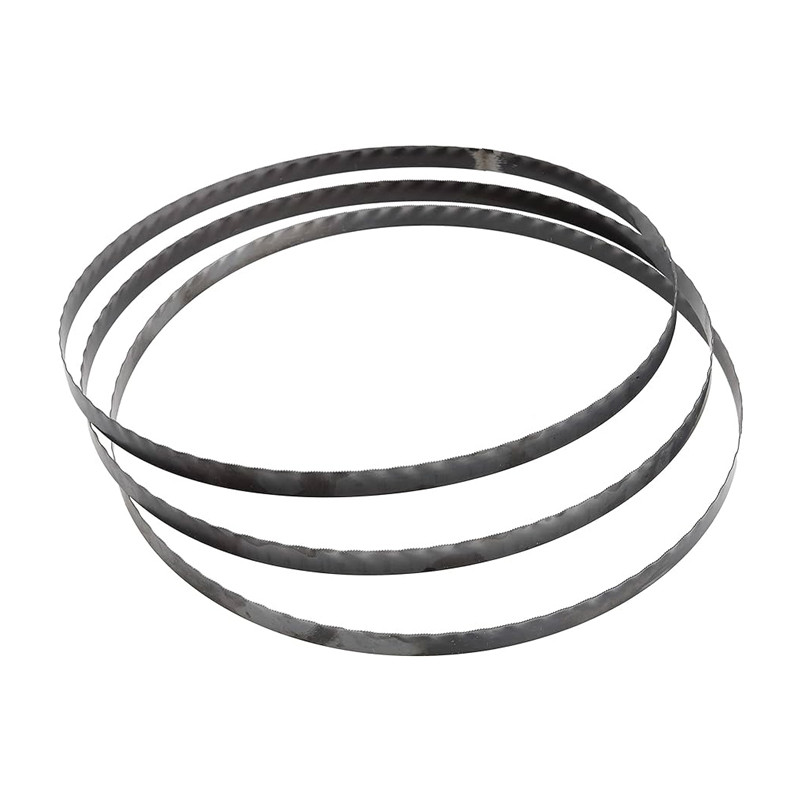 M42 Bi-Metal Bandsaw Blades For Industrial Type
M42 Bi-Metal Bandsaw Blades For Industrial Type -
 7pcs Carbide Turning Tool Set With Metric & Inch Size
7pcs Carbide Turning Tool Set With Metric & Inch Size -
 High Precision BT-ER Collet Chuck – CNC Tool Holder, Spring Type, ER16–ER40
High Precision BT-ER Collet Chuck – CNC Tool Holder, Spring Type, ER16–ER40 -
 Precision V Block Set With M Type
Precision V Block Set With M Type








